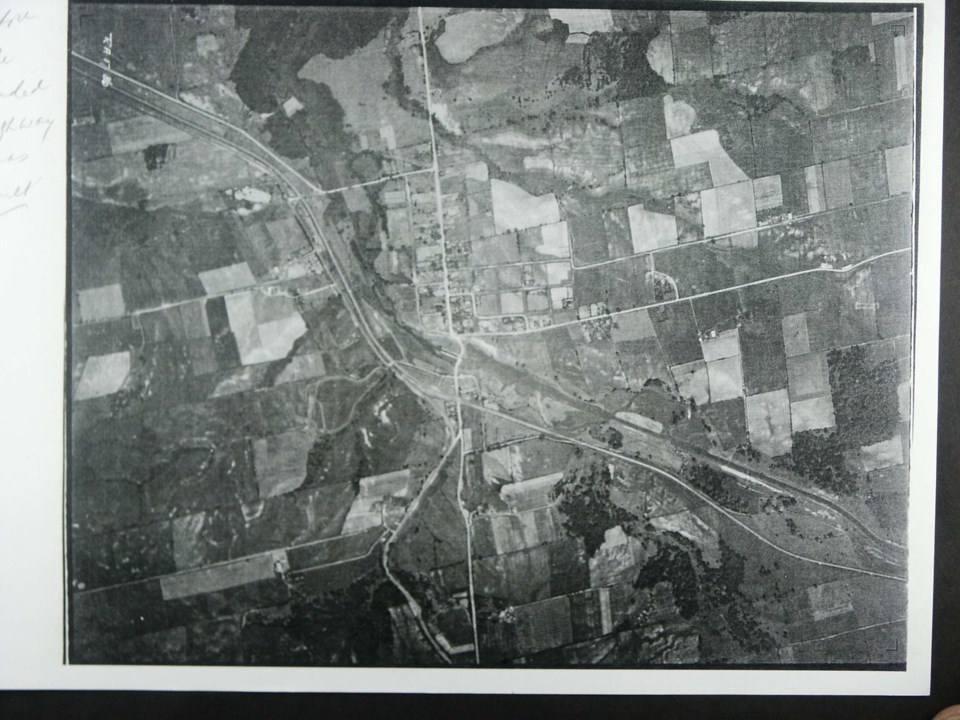A few weeks ago, I shared details of the bootlegging that took place in Prohibition-era Holland Landing. I’ve since received several emails from people requesting more information.
Here’s a story that highlights this shady period in local history.
It was summer 1929. Const. McMullen stalked through the brush, moving cautiously from one tree to the next.
Up ahead, he could hear a pair of men talking. Creeping forward a few more feet, he was just able to make out the bulk of a moonshine still and two figures moving about. McMullen raced forward, gun drawn and ready in case the arrest should devolve into a shootout. The moonshiners were apprehended.
It was a bad day for Thomas Foster and Bert Malone.
Prohibition was intended to reduce crime and poverty. It didn’t. Prohibition didn’t even dent demand for alcohol. Small stills sprang up like weeds to sate our collective thirst for booze.
Holland Landing was the home of many such whisky stills. The wild marsh and brush land typical of the area provided ample cover for illegal activities.
One of the men responsible for ensuring Bradford did not go thirsty was Foster, a Holland Landing resident, a small-time farmer and a former soldier.
Foster got involved in rum running mostly for the money. Times were rough when he returned from the First World War, and running an illegal still provided for his family. His little still, made from an eight-gallon milk can and lengths of lead and copper pipes, had a capacity for about 15 gallons of whisky a week. At $15 per gallon, the money he could make was considerable.
Like many owners of whisky stills, Foster hired hands to transport the alcohol to buyers and develop outlets. That’s where the scoundrel who used the alias Bert Malone entered the picture. A career small-time crook, he had the connections and mindset to act as the go-between for Foster and his clients.
For a year or so, business was good, but then, Const. McMullen got wind of things and quickly swooped down, catching the pair red handed.
The lawman could not prove Hector MacDonald, who owned the pasture upon which Foster had his still, was aware of the illicit activity going on. As a result, he evaded charges.
But both Foster and Malone were found guilty and fined $500, the alternative being six months in prison.
At the same time, the magistrate used them to communicate a stern message to other moonshiners, warning, “The law breakers of Holland Landing vicinity take note that subsequent cases of this nature would mean the penitentiary.”
Dire warnings aside, there’s little evidence rum running in Holland Landing abated before Prohibition was lifted in Ontario years later.



